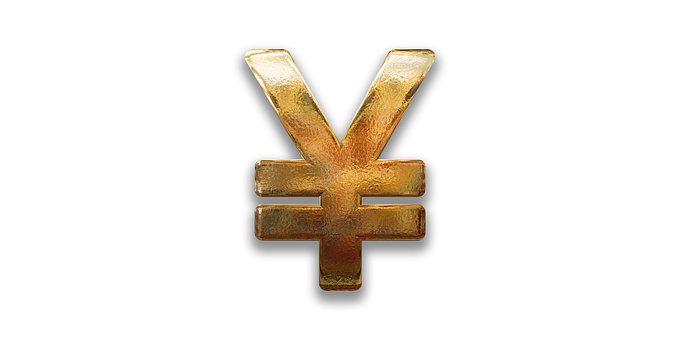 Bank of Japan Deputy Governor Masayoshi Amamiya said that the bank must keep the yield curve "stably low" given the country's economic situation due to the impact of COVID-19. However, he also recommended letting bond yields be closer to the bank's 0% target as long as it doesn't diminish the impact of the bank's monetary policy stance.
Bank of Japan Deputy Governor Masayoshi Amamiya said that the bank must keep the yield curve "stably low" given the country's economic situation due to the impact of COVID-19. However, he also recommended letting bond yields be closer to the bank's 0% target as long as it doesn't diminish the impact of the bank's monetary policy stance.
“A big fluctuation in interest rates could have undesirable consequences. But when it’s limited to a certain range, it’s possible to enhance bond market functions, without diminishing the monetary easing effect of our policy,” Amamiya explained. “At the current juncture, it’s important to keep the entire yield curve stably low...as the economy suffers the blow from the coronavirus pandemic. For the time being, we need to guide yield curve control with this point in mind.”
The bank's current monetary policy stance, particularly its asset purchasing program, has been heavily criticized and linked to the late stock rally, which is believed to be bubbly. Regarding this, Amamiya commented that the bank will try to figure out how to maximize the positive impact of that program while pledging to expand it when necessary. He also said that some market players believe that the bank won't ease its monetary policy further in order to counter its side effects.
The Bank of Japan is set to review its monetary policy this month. Now with Amamiya's comments, it seems that the bank will continue with its easing stance, which has been conducted since 2013 and resulted in the expansion of the balance sheet by 100% of the country's gross domestic product.
The three goals of the review, according to Amamiya, are to reduce the side effects of the bank's monetary policy stance, make the bank's response to changing conditions more "nimble" and "effective", and continue with monetary easing. It was also implied that if the economic conditions improve, the bank could revisit its policy stance.
Some have pointed out that Amamiya's comments are confusing, as they signal that while the bank prefers that the markets drive yields more, at the same time it attempts to avoid an increase in borrowing costs.
Last week, the Japanese yen lost ground for the third consecutive week, falling by 1.62% against the US dollar, remaining in line with analysts' expectations. By 11:01 GMT, the yen had fallen by 0.15% against the greenback to the 0.921550 level, and is expected to keep losing ground this week.
